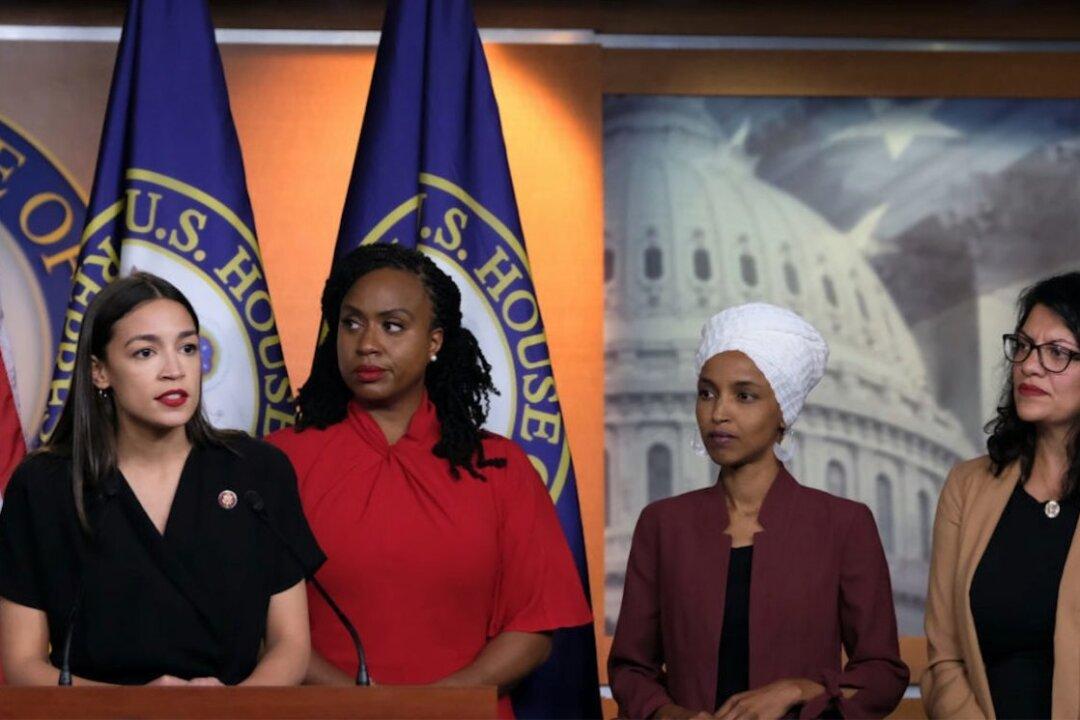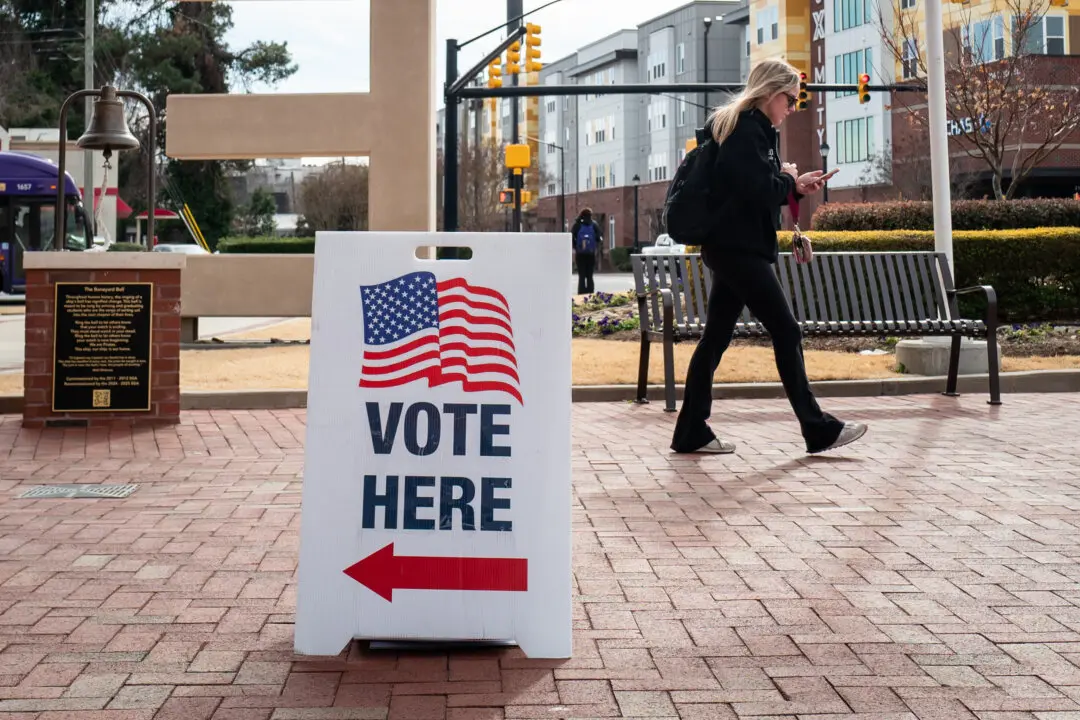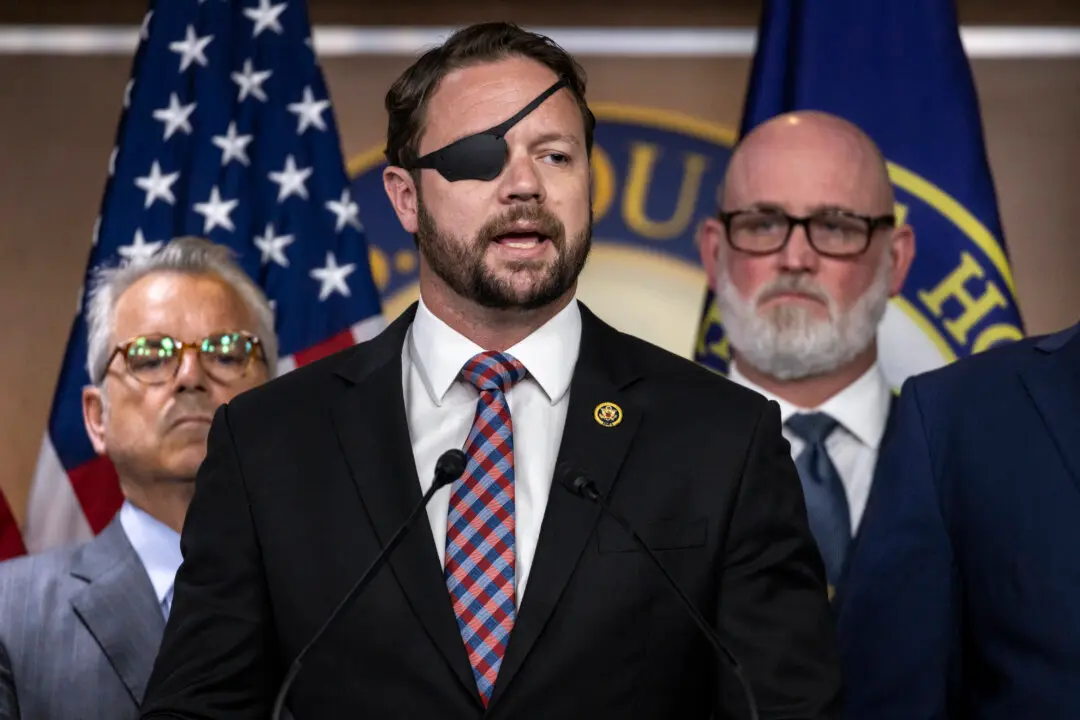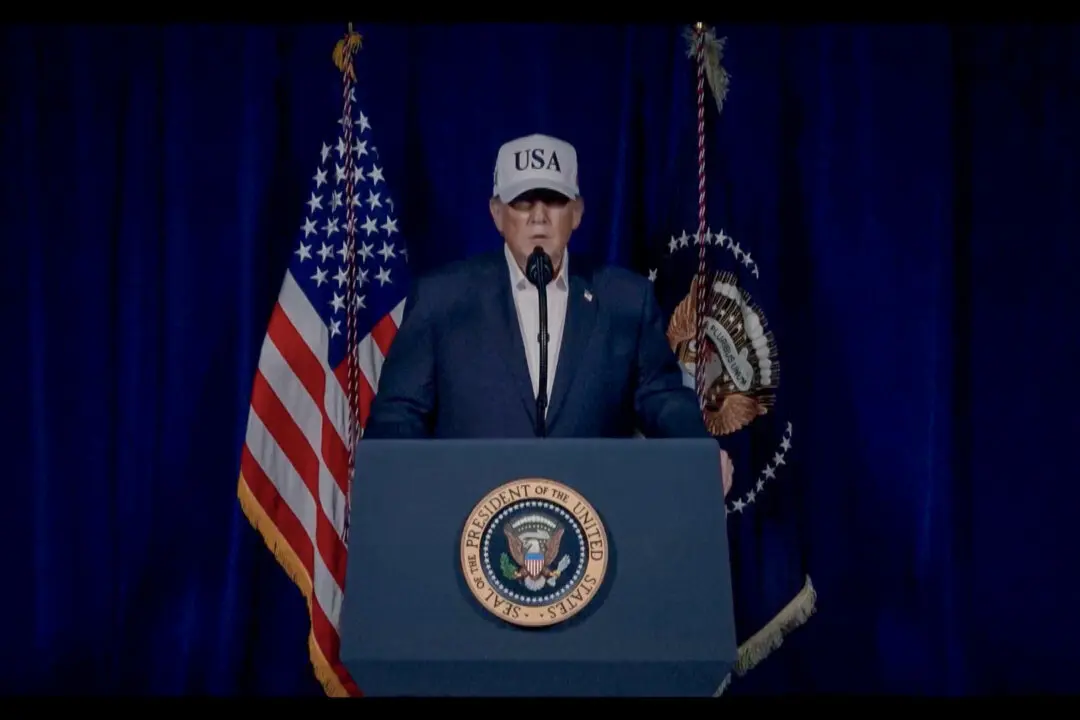Since the death of George Floyd during the summer of 2020, progressives have pushed for sweeping new changes to policing in the United States, spawning movements like “Defund the Police.” But these movements are far from popular, and President Joe Biden and a wide range of Democratic lawmakers have rejected the rhetoric entirely.
Rep. Rashida Tlaib (D-Minn.), a progressive congresswoman elected during the wave of Democratic victories in 2018, made news recently when she defended a proposed bill that would empty federal prisons within 10 years, with no exception for extremely violent offenders, drug lords, or sex traffickers.




